HOW TO BECOME THE HAPPIEST PERSON
Catagory:Reading
Author:Mel Robbins
Posted Date:03/20/2025
Posted By:utopia online
In the next three chapters, you’ll learn the step-by-step approach to how you can use the #5SecondRule in combination with some recent research-based strategies to beat fear, stop worrying, manage or cure anxiety, and change the way you think. If you’ve seen me on TV as a commentator for CNN or read my columns in SUCCESS magazine, it’s easy to assume that I was born with the confidence of a warrior. That assumption only gets strengthened when you watch my YouTube videos, my TEDx Talk, or experience me live on stage. Yes, I am confident now, but I was not born this way. For most of my adult life, I was a loud-mouthed extrovert who was plagued by deep insecurity. Confidence is a skill I’ve built over the years bypracticing acts of everyday courage.What a lot of people don’t know about me is that I have suffered from anxiety for more than twenty-five years. I had debilitating post-partum depression when our first daughter Sawyer was born and I couldn’t be left alone with her for the firsttwo months. I have taken Zoloft to control my panic attacks for nearly two decades.The struggle with my thoughts has been real and, at times, terrifying.
When I first discovered the Rule, I used it to change my behavior. The Rule worked wonders, and as acting with everyday courage became second nature, my confidence grew stronger. However, anxiety never disappeared. It was there simmering beneath the surface. I focused on learning to live with it, managing it,and making sure I didn’t let it boil over into full blown panic.
About four years ago, I started to wonder if I co About four years ago, I started to wonder if I could use the #5SecondRule to change more than my physical behavior. I wondered if I could change my thoughts.I had seen the effects it had on other habits—so why not try to break the mental habit of anxiety, panic, and fear? They are patterns that we repeat after all.
They are just habits.I started using the Rule to change the way that my mind worked. I began by
using the Rule to break the habit of worrying. As I mastered that skill, I used the
Rule to control my anxiety and beat my fear of flying. It worked. As I write this sentence, I can tell you—I have cured myself of anxiety. I haven’t taken Zoloft in years and am panic attack-free. I no longer have a habit of worrying. And my fear of flying? Gone. Learning to take control of my mind,direct my thoughts, and dismantle fear has been the single greatest thing I have ever
done to improve the quality of my life. I almost never feel worried. And the rare times that I do, I just, 5- 4- 3- 2- 1 and direct my mind towards the solutions rather than worrying about the problems. I have transformed my mind using the Rule and I am the happiest and most optimistic that I have ever been. My mind is working for me instead of against me. Now, it’s your turn.
First, you’ll learn how to break the addiction to worrying and negative self-talk
using the #5SecondRule, the science of habits, and the power of gratitude.
Second, you’ll dive into the subject of anxiety and panic. You’ll learn what it is
and what it isn’t. And I will give you the step-by-step method for how you can
interrupt, reframe, and eventually eliminate anxiety from your own life.
Finally, you’ll learn a proven strategy for how you can beat any fear. Using my fear of flying as an example, you’ll learn how to use the Rule with “anchor thoughts” to prevent fear from taking over your mind. Everything you are about to learn is so simple and powerful that you can even
teach it to your kids.


.jpg)














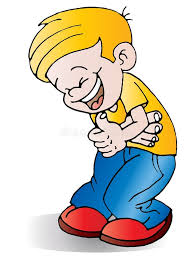 👁 :65
👁 :65
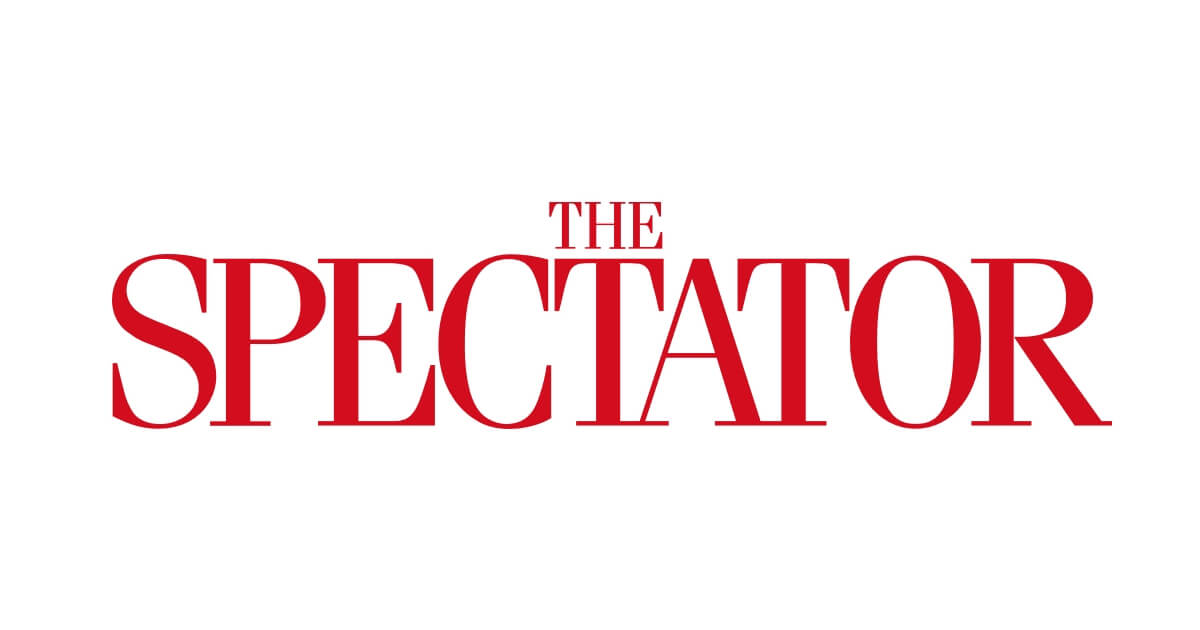 👁 :129
👁 :129
0.jpg) 👁 :453
👁 :453
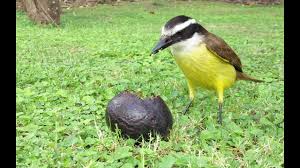 👁 :54
👁 :54
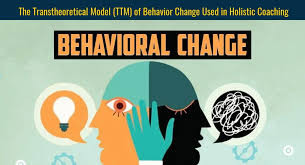 👁 :56
👁 :56
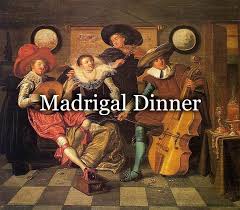 👁 :52
👁 :52